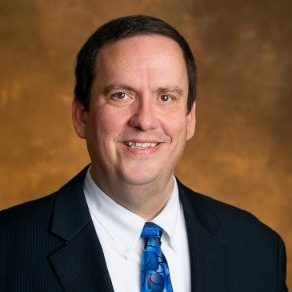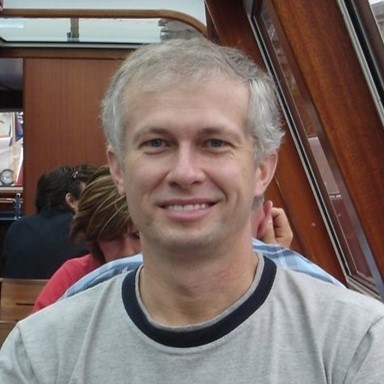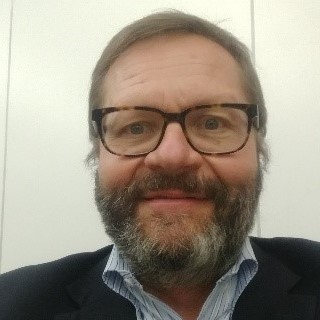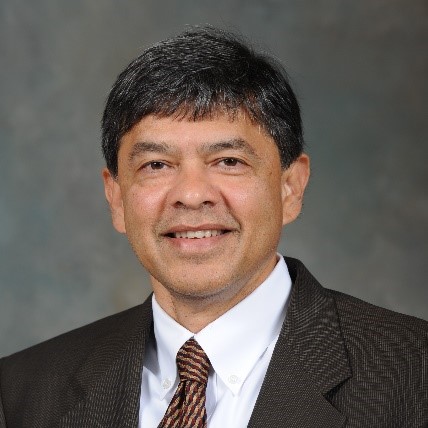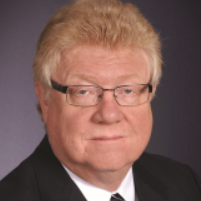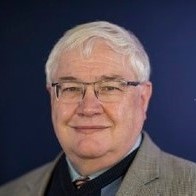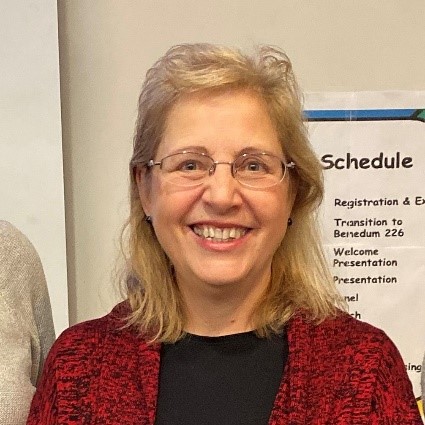The Department of Chemical and Petroleum Engineering Advisory Board is an independent volunteer body that brings leaders with local, state, national, and international expertise in academia, industry, or government together to advise, assist, promote, and financially support the School.
Its goal is to assist the Department Chair in achieving the Department’s mission and goals, and in being recognized nationally and internationally, among industrial, academic, and government institutions, for excellence in Chemical and Petroleum Engineering. The Advisory Board consists of Senior and Junior members. Senior members bring extensive (spanning multiple decades) professional experience from industry, government, nonprofit/academic sectors, whereas Junior members bring a perspective on current trends and demands from these sectors.
Board members support the Department of Chemical and Petroleum Engineering in a variety of ways, including:
- Actively supporting programs that directly enhance the undergraduate and graduate student experience in the Department by providing an interactive forum for communication among the professional community, faculty and students, and key stakeholders.
- Collaborating on the Department’s Strategic Plan.
- Reviewing and providing feedback and support on the Department’s programs and practices including support for ABET accreditation.
- Offering external perspective and connections by providing industry trends information, and a bridge to organizations that hire Chemical and Petroleum Engineers and/or have research and collaboration opportunities.
- Providing experienced professional resources when needed in support of faculty and Department projects.
- Networking with and provide outreach to alumni.
